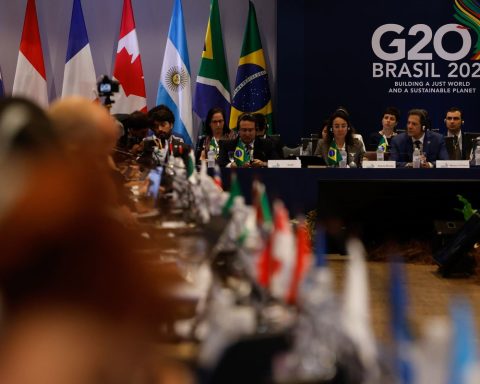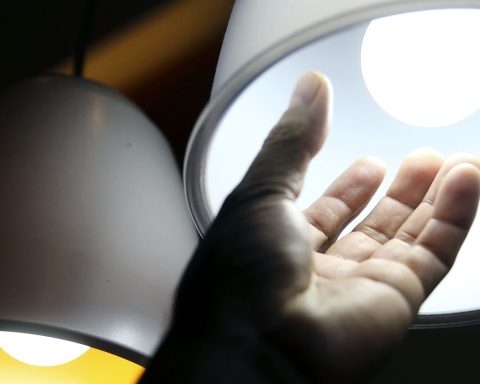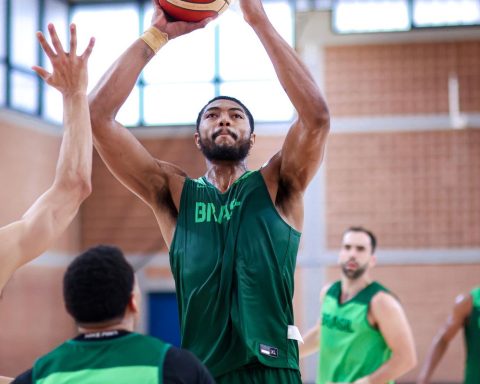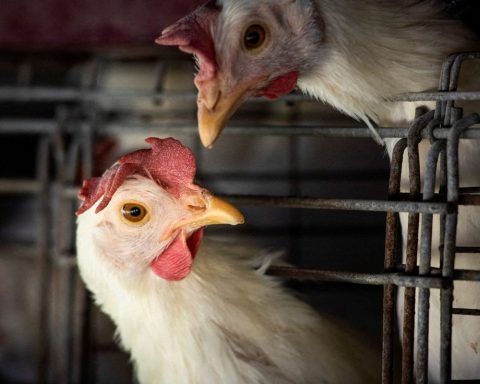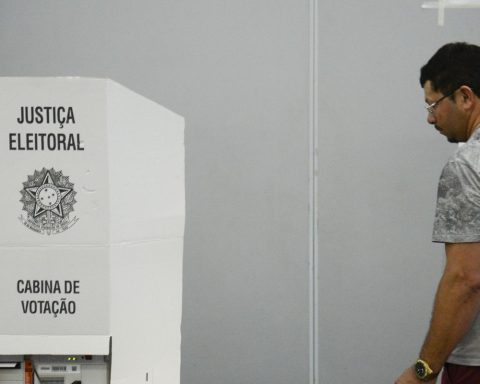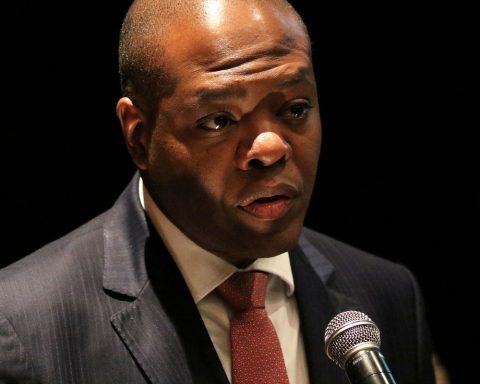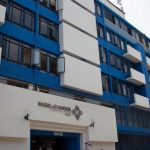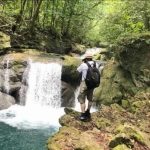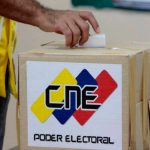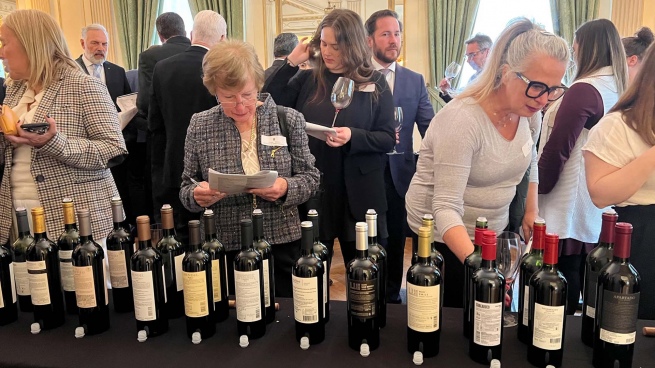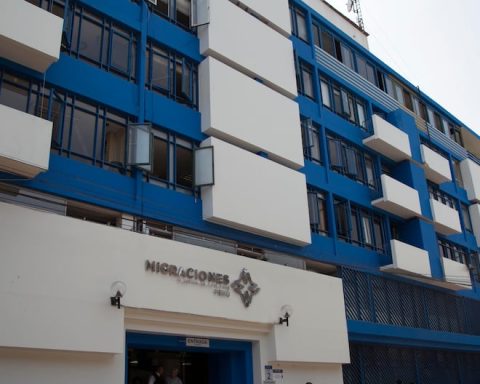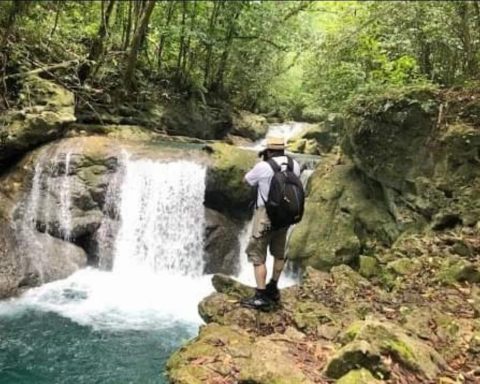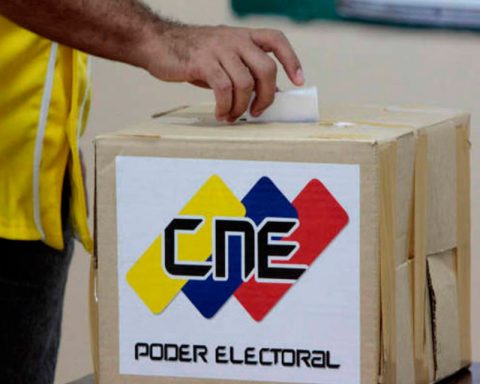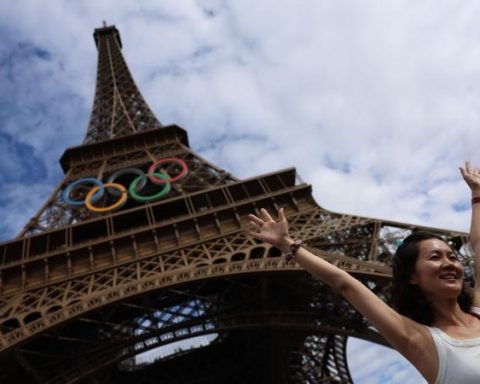Amidst suspicious and tired eyes, children playing and suitcases piled up, queues form in the tents of Operação Acolhida, with hundreds of Venezuelans who are still looking in Brazil for a place to restart their lives. On the border between Santa Elena de Uairén and Pacaraima, about 750 people a day, on average, cross to the Brazilian side, carrying what was in their suitcases and also bringing expectations: of meeting relatives and friends who are already in the country, of getting job and a new life.
In the tents of Operação Acolhida, created in 2018, the calls do not stop. There are counters for requests for residence and refuge, for issuing documents, such as CPF and SUS card, for registration in the employment system. A task force acts in this first contact between migrants and Brazil to facilitate the entry and interiorization of Venezuelans.
The country is the fifth most sought after destination by these migrants to live. From January 2017 to March 2022, Brazil received 325,763 Venezuelans who stayed here. In first place is Colombia, with 1,842,390 Venezuelan refugees; followed by Peru, with 1,286,464. Ecuador (513,903) and Chile (448,138) occupy the third and fourth positions, respectively. The data comes from the R4V platform, which gathers information from the United Nations system and the Brazilian government.
In one of the lines, Yurisbel Lopes was waiting for assistance accompanied by her two small children. She had arrived that day from San Félix, in northern Venezuela, after 12 hours on a bus, traveling about 600 kilometers (km) to get there. But she knows that the border is just one of the steps until she manages to reach the place where her husband is waiting for her, in Santa Catarina, more than 5,200 km away. She left her other family members behind and brought what was left of her home country in three suitcases.
Follow Yurisbel’s trajectory:
https://www.youtube.com/watch?v=/UnaLsP9cU3k
Nearby, motorcycle taxi drivers are waiting for passengers to cross the border, whether coming or going to the neighboring country. Most motorcyclists in the region are Venezuelan, like Naiber Jesús, who arrived a year ago. Owner of a well-worn motorcycle, with the handlebars tied by a rope, he also came from San Félix, but made the same trip in three days.
On the same bike, he brought his wife and three children: a newborn, a four-year-old boy and a six-year-old girl. The youngest, who was born in Venezuela, was only registered in Brazil.
Learn more about Naiber Jesús’ difficulties:
https://www.youtube.com/watch?v=/eBzjR79Dm8o
The lack or precariousness of documents is one of the problems that Operação Acolhida faces when registering the entry of Venezuelans into the country. According to the delegate of the Federal Police of Pacaraima, Luís Henrique Alves, da Costa, there is a significant number of people without documentation who arrive there.
The Brazilian government has facilitated the entry of these immigrants and the legalization of their permanence. “Even those who entered during the period of border closures can now look for a Federal Police unit and get regularized,” says Lígia Lucindo, director of the Migration Department at the Ministry of Justice and Public Security.
However, another problem is worrying: the entry of unaccompanied children and adolescents. In 2021, about 5,200 children arrived in Brazil without documents or legal guardians, according to data from the United Nations Children’s Fund (Unicef). The teenager FR was one of those minors who tried to cross the border, following part of the family that already lives in Brazil.
See the story of a teenager alone in Brazil:
https://www.youtube.com/watch?v=/-I520EGV5zs
Since 2019, UNICEF has identified an increase in the flow of unaccompanied children. According to Thomas Tancredi, UNICEF child protection officer, the work of identification and return to the family is done. “We support with tickets and do all the follow-up – both legal and legal to support municipal or state institutions – and also maintain psychosocial follow-up after they are already in the destination municipality”, he explained.
These and other stories will be in the next episode of Reporting Paths: Venezuelans in Brazilwhich airs on Sunday (May 1st), at 10 pm, on TV Brazil.

